Lifting masking requirement for vaccinated individuals: a measured risk or a rushed decision?
Earlier this week, the Center of Disease Control and Prevention (CDC) announced that fully vaccinated individuals are not required to wear masks in most outdoors and indoor settings. This excludes very few spaces, including airports, train and bus stations, and healthcare facilities. In what sounded like an extremely promising statement heard for the first time since the beginning of the pandemic, the CDC spokesperson at the White House declared that we are now able to “finally return to doing things we have put off since the beginning of the pandemic.”
Fears and Concerns
While this decision was delivered in a manner that conveyed positive feelings, reactions among people differed. On one hand, some people are fearing that the CDC is acting too quickly. With less than 60% of the population in the US vaccinated, and much smaller numbers in many other parts of the world, some argue that we continue to not be fully protected to take such a step in our fight with the pandemic. Dr. John Swartzberg, a clinical professor emeritus of the UC Berkeley School of Public Health's infectious diseases division, stated that while the decision may be backed with science, it is just too soon - "I would've liked to have had another month under my belt of seeing the numbers continue to come down", he stated. “I can’t see grocery stores confirming that you’re vaccinated. It just won’t happen,” Swartzberg said.
Many stores, including retail and grocery stores, are implementing an honor system. Simply put, we are trusting people to wear a mask if they have not yet received a vaccine. It is argued that such policies are failing essential workers – those people who are too busy providing for their families and are less likely to have been vaccinated at this point unless their vaccination was prioritized and enforced. Essential workers continue to be tremendously exposed to other people and thus to being infected. With the new CDC policy in place, they are now exposed to people who are unmasked. More likely than not, we cannot know if the unmasked person an essential worker is exposed to has been truly vaccinated it or not. This, again, creates an issue of a vulnerable population that a policy seems to be disregarding, unfortunately.
The Other Perspective: A Step Towards Beating the Pandemic
Despite those concerns, another perspective is noteworthy of discussing. The decision came as a shock to many people, arguing that it resembles step that was not expected. However, people need an incentive to get vaccinated, and if mask removal is direct benefit of being vaccinated, then this may actually be a step in the right direction towards reaching herd immunity. Offering the incentive of not wearing masks may show people the importance of vaccinations, and could in fact, address increased vaccine hesitancy among the population. Dr. Scott Gottlieb, former commissioner of the U.S. food and Drug Administration, expressed such opinions on his Twitter account as well as in an authored op-ed published in the Wall Street Journal days after the decision. “I know many on Twitter are saying the unvaccinated will simply say they were vaxed. Some will, but many won’t want to, they’ll now view vaccination as something with more value and seek it out.”
A Call for Better Understanding
The CDC decision stirred many arguments and debates between experts. Nominee for CDC Director, Dr. Rochelle Walensky, expressed the need for more details for how relaxing mask requirements, especially indoors, would realistically work. More particularly, focused guidelines may be necessary for special contexts, including schools, child-care centers, or the workplace. Furthermore, Dr. Walesnky added that it may make more sense that different states and countries impose guidelines that may differ from the national ones and are more focused on the local epidemiological setting. Evidently, there is no one opinion on the matter of removing restriction on masking across America. However, similar to many instances of decision making during this pandemic, perhaps we should let science guide us to the correct decision. Over the next few weeks, data collected regarding infections, vaccinations, and population behavior will be necessary to assess the matter. Aztute Precision Public Health Solution provides a comprehensive solution to collect data and help guide policy making using data-driven approach. Download our white paper to see how this achieved or sign-up for our free trial.
References
Gong, R. (2021). Some fear the CDC is moving too fast in lifting COVID-19 mask rules for the vaccinated. Retrieved 18 May 2021, from https://www.latimes.com/california/story/2021-05-14/new-covid-19-mask-guidance-some-fear-cdc-moving-too-fast
Shepardson, D. (2021). Fully vaccinated people can shed their masks in most places -U.S. CDC. Retrieved 15 May 2021, from https://www.reuters.com/world/us/cdc-ease-mask-guidance-vaccinated-people-sources-2021-05-13/
Gottlieb, S. (2021). Opinion | Moderation on Masks Might Make More Get a Shot. Retrieved 17 May 2021, from https://www.wsj.com/articles/moderation-on-masks-might-make-more-get-a-shot-11621195091?reflink=desktopwebshare_twitter&mod=e2two

